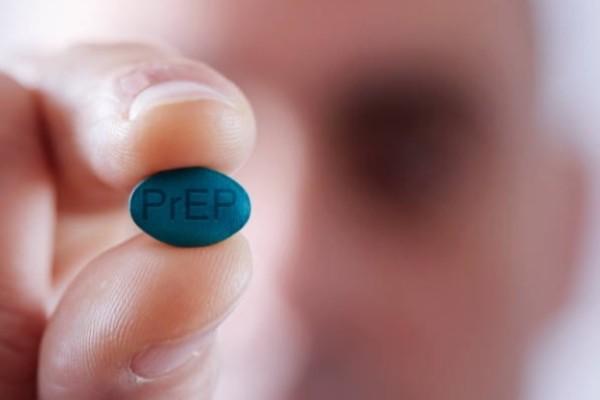
For Teachers & Professionals
Teaching consent to Young children (8 – 12 years old)
Consent should be taught as early as possible. Children learn about giving and receiving consent in their younger years. Think about a child that goes to another one asking “Can I play with you and your games?”. It’s not about sex or sexuality, although it aims to lay the foundation for mutually respectful and enjoyable relationships in later years. As children, we learn how to negotiate, express what we do and don’t want, recognize, interpret and understand what others do and don’t agree to. We learn social and emotional intelligence. In this period, children also learn concepts such as trust and appropriate physical contact. Children must learn a series of consent skills such as being assertive, saying no, tuning in to one’s own body, understanding others’ body language, identifying and resisting coercion, handling rejection, checking in and identifying affirmative consent all fall into the category of consent skills. These are skills helpful for engaging in conversations about touch yet are generalizable to all interpersonal interactions. Teaching children about body autonomy, anatomy, and consent will help them better recognize child abuse and sexual abuse, and also make them more likely to confide in a trusted adult in the event that they are abused or violated.
In Australia, holistic and age-appropriate consent education will be implemented in schools from 2023. Education ministers unanimously committed to including it in school curriculums. A lot of researchers believe that sexual education has to be mandatory in all States, given that making understanding and negotiating consent a life skill gives children and adolescents ways to understand and respect both their own desires and those of other people.
A great start to teaching consent is the following video:
It explains safe and unsafe touches, situations when the children should say no, and the bathing suit rule (all body parts covered by a bathing suit are private).
Some basic tips for teaching consent to younger children are:
1. Use a simple vocabulary
Talking about abstract concepts like direct consent may be hard to understand for young children. Teach about body, space and touch.
2. Give the social-emotional skills
Childhood is the period when children learn emotional intelligence, both in empathy skills and taking the perspective of the other. Children learn to understand their feelings and those of others.
3.Express hurt
Listen to children and check in with them about their emotions. Too often, adults try to discourage students from showing sadness, anger, or discomfort. Learning to identify those emotions can help them advocate for themselves when they’re hurt, as well as develop empathy and recognize similar emotions in other children and adults when their actions are making others uncomfortable.
4. Model consent and empower students
Some consent is skill-based: learning to simply ask questions about what behaviour or actions are appropriate. “Would you rather have a hug or a high-five?”: this gives children agency. Other questions can be what snack to have. A great example of when children are at the maternal school when they learn to tie their shoes and those of the other children is teaching them to ask the other children before doing it.
REFERENCES
Pollack, D., & Casper, S. A. (2021). Opinion We Need To Teach Consent Skills To Youth Early.
Storm, K. SAY YES TO CONSENT.
Tatter, G., & Boudreau, E. (2018, December 19). Consent at Every Age | Harvard Graduate School of Education. Harvard Graduate School of Education. Retrieved September 2022, from https://www.gse.harvard.edu/news/uk/18/12/consent-every-age
Share the knowledge!
More For Teachers & Professionals Q&A

Intercultural Communication

Communication Strategies for Discussing PrEP

Taboo topics: Masturbation

Discussing Sexuality with Adolescents and Young adult Oncology patients part 1: specific barriers

Multiple Sclerosis and Sexuality

PEARLS model to talk about Sexuality
This is a website that WE are building together. If you have a question there is no answer to on this site, send it here!
